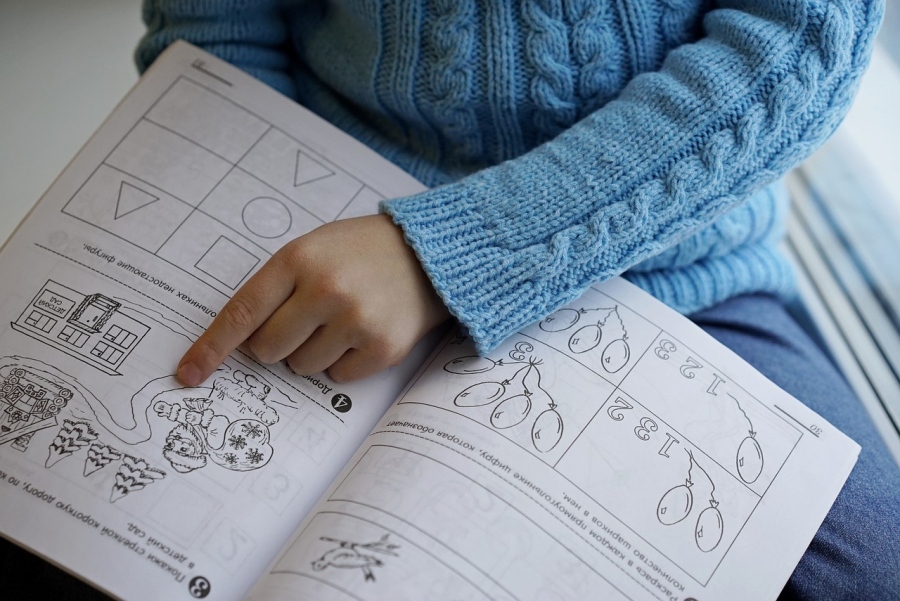Our kids naturally lose about one month’s worth of learning during the summer holidays.
This does not mean they have performed poorly at their studies during the school year – it’s just the way our brains work, as they require repetition and attention in order to retain information.
In order to prevent this learning loss, also known as the summer slide, we as parents can do several things.
Let’s explore some of them!
The importance of summer learning
Doing schoolwork over the summer will not be something a child appreciates – how could it be? Remember how much you used to look forward to the holidays when you were your kids’ age.
However, in order to stay on top of both their studies and their skills, kids need to engage in them a bit, even as little as 30 minutes per day, during the entire year. Especially considering how much information they are bombarded with every day, through media and their modern lifestyles of overexposure and oversaturation.
Both kids who are at the top of their class and those struggling to keep up with their age group can benefit from summer lessons – and you can even help them fall in love with learning this way.
Find some learning time
The first step in preventing summer learning loss is to find the time to do a bit of studying during the summer.
Since this is the kids’ holiday, find a way to work this time in around their other, more exciting activities. You can set up a very routine time for this, let’s say a half an hour every day after breakfast, or right before lunch, or whatever time best suits both you and your child(ren).
Make sure you give them some say in the matter, and let them choose what they want to do on a given day. There does need to be some sort of supervision, but allow them to be as involved in the process as they can be at their age, as it will make it a lot more fun for both you and them.
Choose the subjects you want to work on
This might be the crucial step in your summer learning loss prevention program, so make sure you and your child consider it carefully.
It is always a good idea to focus on some core subjects: math, reading and writing.
You can then also choose to add in the subject your child really enjoys, or to work on some of their interests that are not necessarily taught in school.
Finally, you may also want to devote some time to the subjects they are not excelling in, just to make sure they don’t start at the bottom of the class when the school year starts.
How to work on math
Math is often a subject most kids dislike, but there are ways to make it more entertaining for them.
You can start by explaining to your child why they need to learn math, and how math can help them later in life. Some kids just like to see the use of what they are learning, and they don’t take well to abstract sciences like math.
You can of course play all kinds of math games, download an app that has plenty of math-based tasks where you can play and learn, and you can also reach for some math workbooks that will provide a different task for every new learning session.
 How to work on reading
How to work on reading
Some kids just naturally like to read more than others, and if you have yourself a budding reader on your hands, getting them to do some summer reading will not be a problem.
On the other hand, if you child doesn’t really like to read, you can read with them, aloud, and act out all the funny voices in a book. Make sure the books you read are something they will like, something with a great story, interesting characters and a plot they can follow. Sometimes kids just don’t enjoy one kind of plot, but you can always find something they will want to keep reading.
You can also watch the movie after you have read the book – this is especially true of most cartoons, where there is also a book to accompany the series, so you can enjoy The Lion King, for example, in writing and on screen.
How to work on writing
Being able to write well is a skill your kids will benefit from throughout their life, and working on it as early as possible is a great idea.
You can start with some simple assignments, like asking your kids to write you a little story or an essay. You can cover topics like what they had for breakfast, what they want to do in the evening, where they went on the weekend, and so on, or you can discuss movies or books as well.
Another great idea is to have a running story you write – ask them to write a bit one day, and then you continue on the next one, and as you alternate, you weave together something great.
With your older kids, you can also encourage journaling, as this is a great habit to have, and it can also help your kids understand some of their thoughts or emotions better.
How to work on what they want to work on
Finally, you should also find time for your children’s interests, whatever they may be.
If they want to learn about dinosaurs, Native American Indians, cars, bugs, frogs, cooking, knitting, basketball – whatever their interests may be, make sure you provide plenty of resources.
Watch videos online, buy them books themed around their interests, take them to museums or galleries, find people they can talk to who share the same interests or who are experts in the given field.
Don’t make all summer learning about school and chores – let them do what they want to do, and it will be much easier to handle.
To sum things up
Now that you know all you need about preventing the summer slide, we hope you and your kids will have a lot of fun learning this summer!




